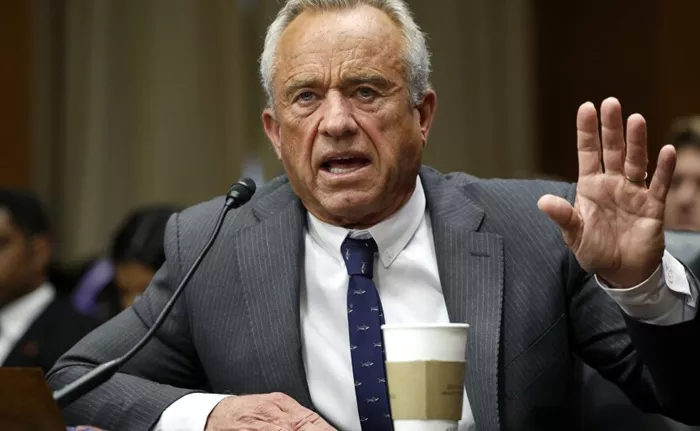WASHINGTON — The U.S. Centers for Disease Control and Prevention (CDC) is operating without a confirmed director, raising concerns about its ability to guide public health policy during emergencies.
Last week, Health and Human Services Secretary Robert F. Kennedy Jr. announced that COVID-19 vaccines are no longer recommended for healthy children or pregnant women. The CDC director, who typically approves such guidance, was not involved in the announcement.
The $9.2 billion agency has lacked a permanent leader since March, when President Donald Trump withdrew his first nominee. His new pick, Susan Monarez, has not yet completed the paperwork for a confirmation hearing. HHS declined to answer questions about her current role.
In the meantime, Matthew Buzzelli, a political appointee without medical training, is handling some leadership duties. An internal CDC email last week referred to Monarez as the acting director, adding to the confusion. Kennedy had earlier told the Senate that Buzzelli had replaced her.
Former CDC Director Dr. Robert Redfield criticized the lack of visible leadership. “We haven’t had an aggressive director fighting for CDC resources,” he said.
Health experts say the leadership gap could hinder the agency’s response in a crisis. “CDC is a crisis waiting for a crisis to happen,” said Dr. Michael Osterholm of the University of Minnesota.
CDC employees report that Monarez has been largely absent since January and has not held staff-wide meetings. Her low profile has led to delays in decision-making, including vaccine recommendations from an advisory panel that remain unapproved weeks later.
The situation escalated when Kennedy bypassed the CDC panel to announce new COVID-19 guidance. The CDC later posted revised advice, stating that healthy children and pregnant women may receive the vaccine.
Pregnant women are considered high-risk for severe COVID-19 illness, and vaccinations during pregnancy have been shown to protect both mother and newborn.
Dr. Lakshmi Panagiotakopoulos, a key CDC official, resigned after Kennedy’s announcement. “I’m no longer able to help the most vulnerable in this role,” she wrote in a farewell email.
Public health leaders say the CDC’s authority is being weakened. “Every community depends on the CDC’s scientific leadership,” said Dr. Anand Parekh of the Bipartisan Policy Center. “We need a strong, visible, and empowered director.”
Related topics:


